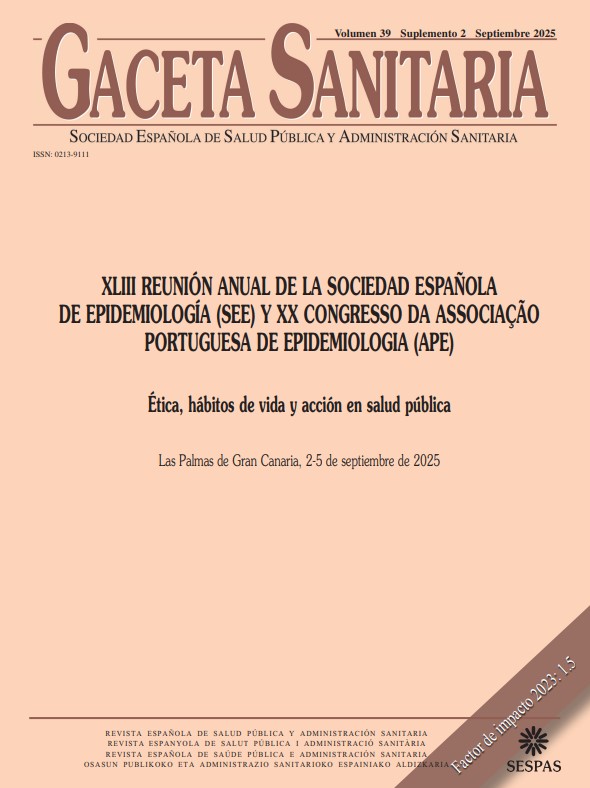871 - NON-STEROIDAL ANTI-INFLAMMATORY DRUGS FOR THE PREVENTION OF COLORECTAL CANCER: A SYSTEMATIC REVIEW
Clinical Biostatistics Unit, Hospital Universitario Ramón y Cajal (IRYCIS); Faculty of Medicine, Universidad Francisco de Vitoria; Cochrane Associate Centre of Madrid; Institute for Complementary and Integrative Medicine, University Hospital Zurich; Centro de Investigación Biomédica en Red de Epidemiología y Salud Pública (CIBERESP); Department of Health Research Methods, McMaster University; European Commission, Joint Research Centre (JRC); European Research Executive Agency; Clinical Epidemiology and Research Center (CERC), Humanitas University & IRCCS Humanitas Research Hospital; Fraunhofer Institute for Translational Medicine and Pharmacology ITMP, Allergology and Immunology; Iberoamerican Cochrane Centre, Biomedical Research Institute Sant Pau.
Background/Objectives: Colorectal cancer (CRC) is a major global health concern, ranking as the third most commonly diagnosed cancer. Non-steroidal anti-inflammatory drugs (NSAIDs), including aspirin and non-aspirin variants, have been proposed for CRC chemoprevention. This systematic review evaluates the effectiveness and safety of NSAIDs for the primary prevention of CRC in average-risk adults and it will inform recommendations under the European Commission Initiative on Colorectal Cancer (ECICC).
Methods: We searched MEDLINE, EMBASE, and CENTRAL databases for randomized controlled trials and observational studies assessing the impact of NSAID use (aspirin and non-aspirin) versus no intervention for CRC prevention. Two reviewers independently applied the eligibility criteria and extracted data. Meta-analyses were performed using random-effects models, and certainty of evidence was assessed using GRADEpro.
Results: In the short-term (#2 10 years), aspirin may result in an increase in colorectal cancer incidence (OR: 1.08, 95%CI: 0.94-1.24). However, with long-term use (#1 20 years), aspirin results in both a reduction of colorectal cancer incidence (OR: 0.79, 95%CI: 0.68-0.92) and deaths from CRC (OR: 0.74, 95%CI: 0.61-0.90). In relation to harms, aspirin (< 10 years) results in little to no difference in major gastrointestinal bleeding (OR: 1.58, 95%CI: 1.38-1.80). For non-aspirin NSAIDs, the data were more limited. The evidence is uncertain about the effect of non-aspirin NSAIDs on colorectal cancer incidence at 10 years (HR 0.73 (0.51-1.04).
Conclusions/Recommendations: Long-term aspirin use (#1 20 years) reduces CRC incidence and mortality. Use of non-aspirin NSAIDs shows potential for CRC prevention, but evidence remains uncertain. NSAIDs increases the risk of gastrointestinal, cardiovascular and renal adverse events.















